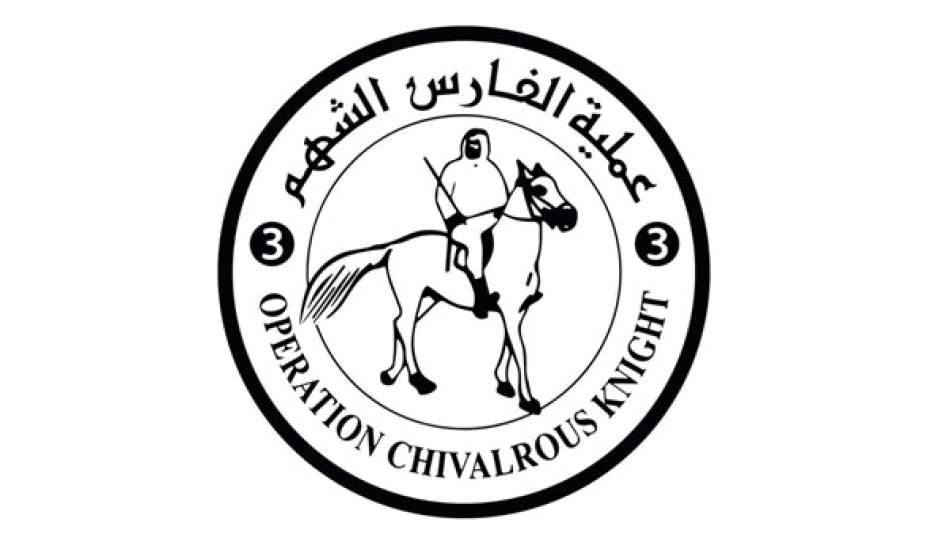
UAE Sustains Water Well Maintenance in Gaza Through 'Al-Faris Al-Shahm 3' Initiative
UAE Tackles Gaza's Water Crisis with Major Infrastructure Repair Initiative
The United Arab Emirates is spearheading a critical water infrastructure restoration project in central Gaza, repairing essential wells and pumping systems as part of its ongoing "Noble Knight 3" humanitarian operation. The initiative comes as Gaza faces an acute water shortage crisis, with desalination plants offline and fuel shortages crippling basic services for over two million residents.
Emergency Response to Collapsing Water Systems
The UAE's water well maintenance project represents a strategic intervention in Gaza's deteriorating humanitarian landscape. Working alongside Sharjah Charity, the Saqr bin Mohammed Al Qasimi Foundation, and Dar Al Ber Association, the initiative targets central Gaza's most critical water infrastructure through coordination with the Gaza Coastal Municipalities Water Utility.
The project focuses on rehabilitating well infrastructure, repairing pumps and generators, and reactivating disabled water sources. This technical approach addresses the root causes of water scarcity rather than providing temporary relief, potentially serving hundreds of thousands of residents in Gaza's central districts.
Infrastructure Breakdown Drives Crisis
Gaza's water emergency stems from the systematic breakdown of essential infrastructure, including desalination plants that previously provided clean water to large population centers. The shortage of fuel needed to operate remaining facilities has created a cascading crisis affecting public health, with increased risks of waterborne diseases and malnutrition across vulnerable populations.
Strategic Expansion of Water Projects
The well rehabilitation initiative represents just one component of the UAE's broader water security strategy for Gaza. The country has positioned water infrastructure as a cornerstone of its "Noble Knight 3" operations, which have continued since the conflict's onset.
Most significantly, the UAE recently launched construction of a desalinated water pipeline from Egyptian territory to the Mawasi areas of Rafah and Khan Younis in southern Gaza. This ambitious infrastructure project is designed to serve approximately 600,000 residents in Gaza's southern regions, creating a new water supply corridor that bypasses damaged local infrastructure.
Regional Humanitarian Leadership
The UAE's comprehensive approach mirrors its broader strategy of infrastructure-focused humanitarian aid, similar to its disaster response efforts in other regional crises. Unlike traditional aid delivery, these projects create lasting infrastructure improvements that can continue functioning beyond immediate emergency periods.
Long-term Impact on Gaza's Recovery
The water infrastructure investments signal a shift toward reconstruction-focused humanitarian aid that addresses systemic challenges rather than temporary needs. By repairing central water systems and creating new supply lines, the UAE is establishing critical infrastructure that will be essential for Gaza's eventual recovery and development.
The technical nature of these projects—involving pump repairs, generator maintenance, and pipeline construction—suggests a long-term commitment to Gaza's water security that extends beyond immediate humanitarian relief. This approach could serve as a model for other infrastructure-critical areas including healthcare facilities, power generation, and telecommunications systems.
For Gaza's residents, the restoration of reliable water access represents a fundamental step toward stabilizing daily life and reducing health risks associated with water scarcity and contamination.
Most Viewed News

 Layla Al Mansoori
Layla Al Mansoori






